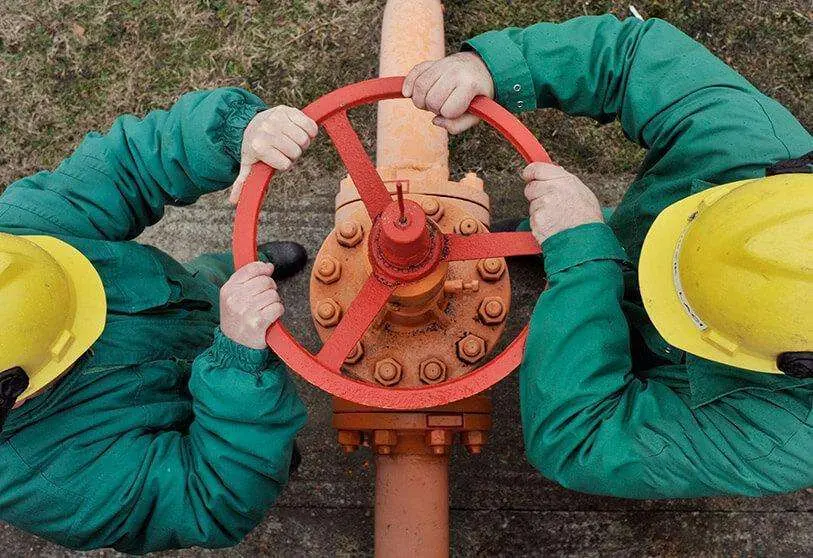Morocco starts construction of a regasification plant

In response to the closure of the Maghreb-Europe gas pipeline (GME), Morocco has tried to find other alternatives that would allow the kingdom to export liquefied gas, something it has been deprived of following Algiers' decision to close the infrastructure.
Thus, Morocco has launched a tender to begin a series of studies on the possibility of having a terminal capable of receiving liquefied natural gas through the sea. This project would be erected in the port of Mohammedia, situated on the Moroccan west coast between Casablanca and Rabat.

According to the daily Akhbarona, the project would consist of a floating unit that would be used to store and regasify the liquefied gas. Moreover, according to the Moroccan National Ports Agency (ANP), this plan would have a budget of 4 million dirhams.
"The national port master plan (PDPN) for 2030 has given the port of Mohammedia the vocation of being an energy port", they pointed out. "In this context and in order to support the national strategy of natural gas supply to Morocco and ensure more efficient port productivity."

In this context, Ajanouch's government has planned for Morocco's investments in natural gas production to reach a total budget of 265 million dirhams. Moreover, just three months ago, the Ministry of Finance indicated in a report that it would be "working to create a company to manage and develop the national gas infrastructure".
Following Algeria's decision to close GME, Morocco's National Hydrocarbons Office together with the National Office of Electricity and Drinking Water declared that the termination would have "a negligible impact" on the national electricity system.

At the time, the kingdom's state bodies stated that, in anticipation of the events, "the necessary steps have been taken to guarantee the continuity of the country's electricity supply". Now, months later, it seems that these steps are becoming a reality in the form of new infrastructures, which would give Morocco greater independence in this sector.
The Maghreb country used to use Algerian gas to supply two power stations located in the cities of Tahhadart and Ain Beni Mathar, which translated into a production of 12% of its electricity supply.

The closure of the pipeline was one of the first clear consequences of the diplomatic crisis between Morocco and Algeria. Initially, Algeria unilaterally shut down the pipeline after declaring a "series of disagreements" with its neighbouring country.
Subsequently, Algiers decided to implement a series of measures that directly harmed the Alawi kingdom. The closure of the gas pipeline was an example of this, followed by the closure of airspace to Moroccan aircraft, as well as its support for the Polisario Front. These measures have resulted in Rabat, having tried unsuccessfully to hold its neighbour's hand, deciding to break off relations with Algiers definitively.










